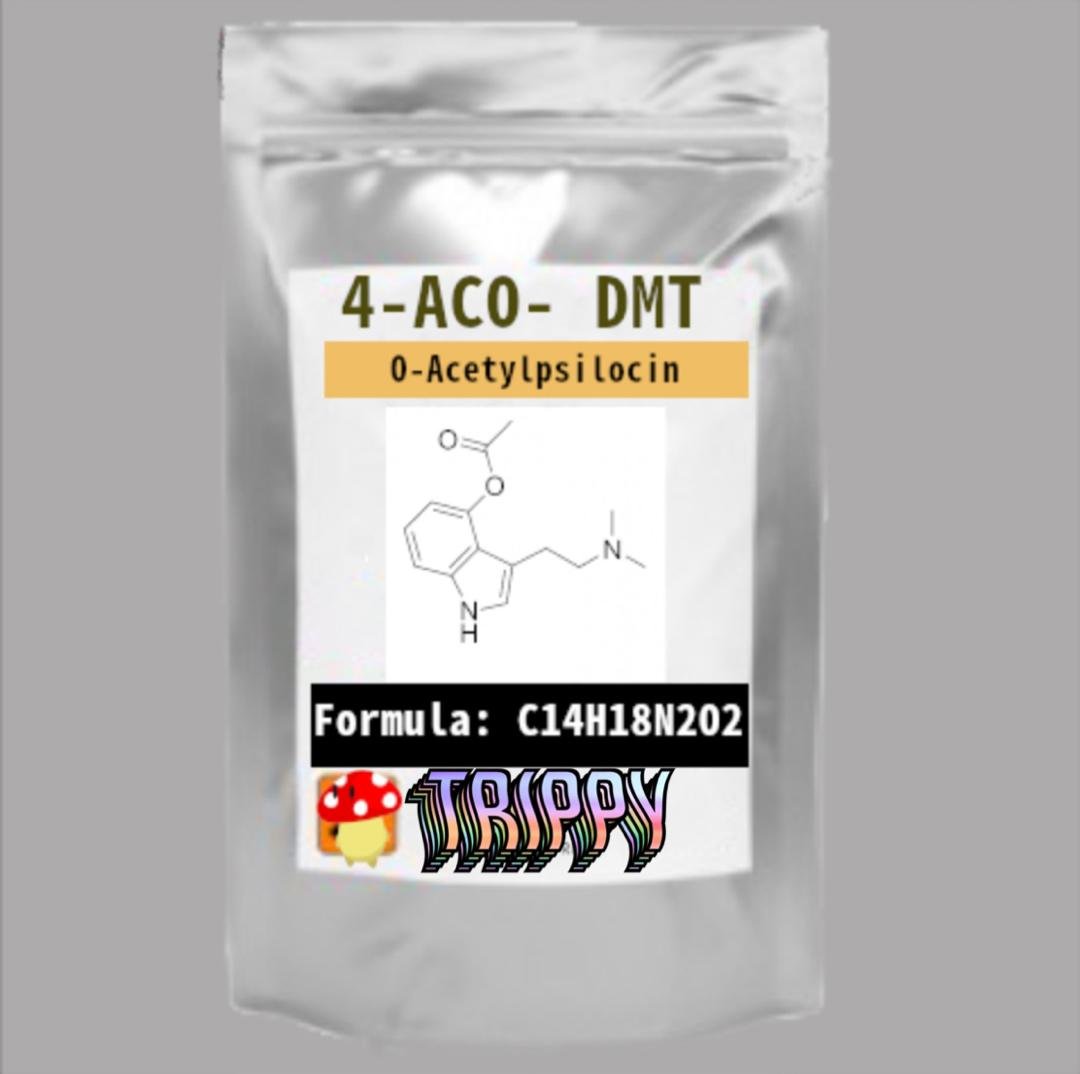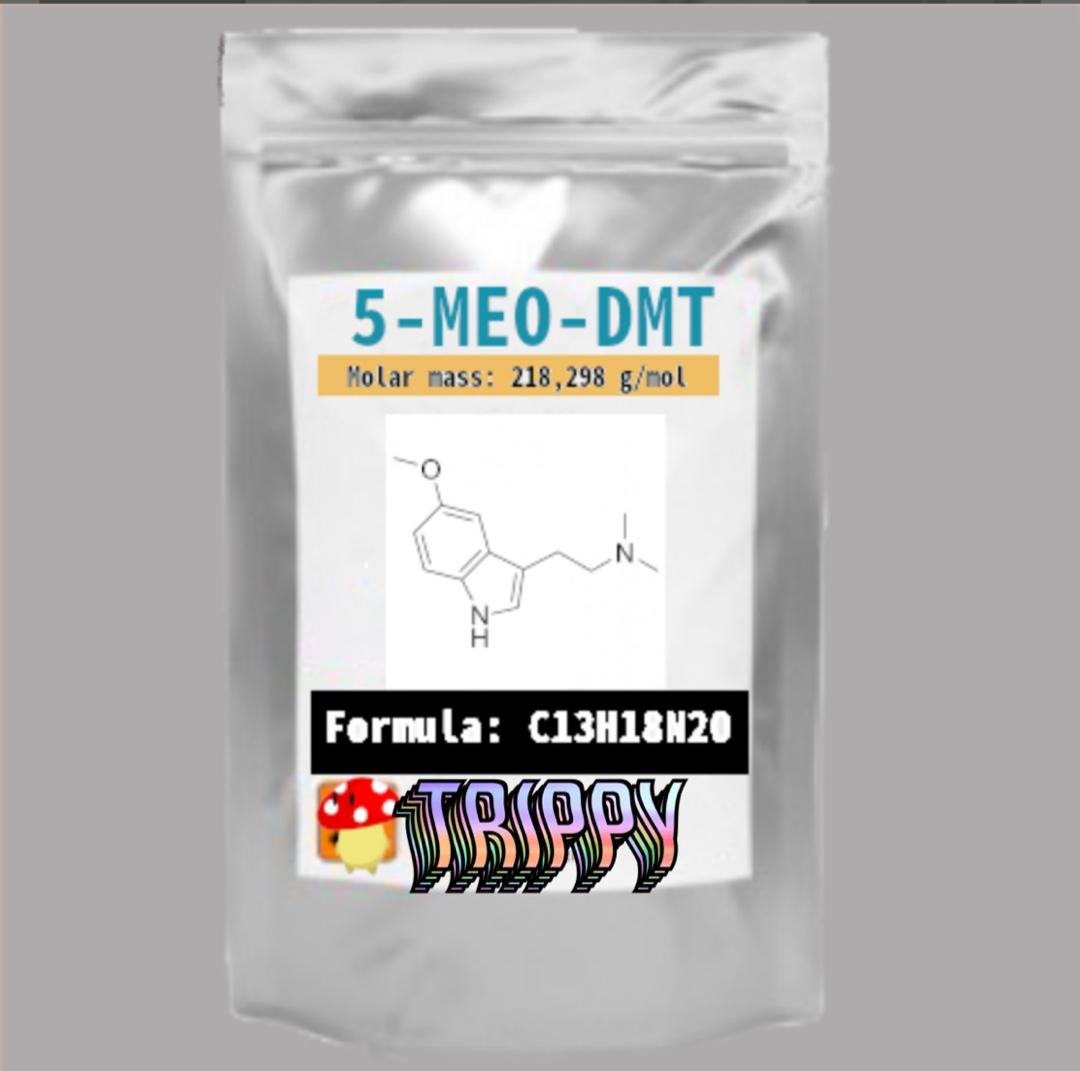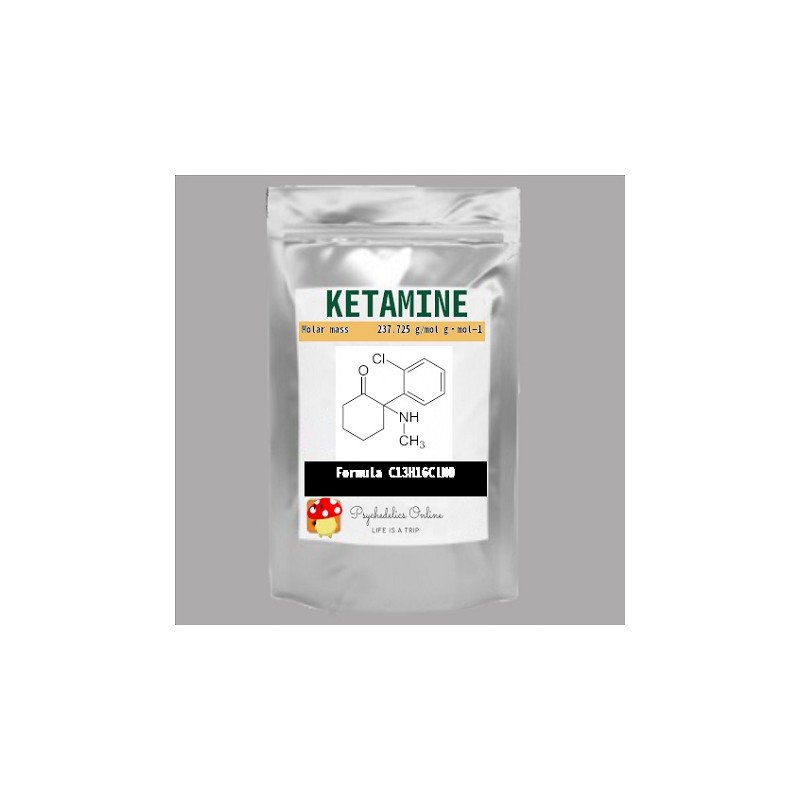Description
Description
4-AcO-DMT (O-Acetylpsilocine) – Chemistry, Effects, and Research Insights
Introduction
4-AcO-DMT, also known as O-Acetylpsilocine, is a synthetic compound in the tryptamine family. Structurally related to psilocybin, it has drawn attention from researchers and educators interested in understanding psychedelic chemistry, neuropharmacology, and the historical context of its discovery. In Australia, discussion around this compound occurs mainly in academic and harm-reduction settings, where the focus remains on education and research rather than use.
Chemical Background
- Chemical Name: 4-Acetoxy-N,N-dimethyltryptamine
- Class: Synthetic tryptamine
- Relation to Psilocybin: Considered a structural analogue, meaning it has a similar chemical backbone but differs by an acetoxy group.
- Synthesis: First reported in the 1960s by chemist Albert Hofmann, the same scientist who discovered LSD.
The acetylated form (4-AcO-DMT) is sometimes discussed in the context of prodrugs — compounds that may convert into active substances in the body — but research remains limited and inconclusive.
Pharmacology & Effects (Research Perspective)
From a pharmacological standpoint, 4-AcO-DMT is believed to act on serotonin receptors, particularly the 5-HT2A subtype, similar to other classic psychedelics.
Educational literature and research studies suggest potential effects may include:
- Altered sensory perception
- Changes in mood and thought patterns
- Heightened introspection
It’s important to note that most available data is anecdotal, and controlled human studies are scarce.
Research Applications
Globally, research interest in tryptamines like 4-AcO-DMT is linked to:
- Studying the role of serotonin in cognition and perception
- Exploring the similarities and differences between synthetic and natural psychedelics
- Understanding potential neuroplasticity mechanisms
In Australia, access to such compounds for research is tightly regulated, with studies requiring specific government approvals.
Legal Status in Australia
In Australia, 4-AcO-DMT is classified as a Schedule 9 substance under the Poisons Standard, placing it in the category of prohibited substances except for approved research.
This means:
- Possession, supply, and manufacture are illegal outside authorised research frameworks
- Any discussion in public forums must remain educational and non-promotional
Harm Reduction & Safety Considerations
While 4-AcO-DMT is not approved for public use, harm-reduction organisations stress:
- Awareness of legal consequences
- Understanding that purity and dosage are unknown in unregulated markets
- Avoiding unverified sources and misinformation
Educational resources from reputable organisations, such as Erowid or scientific journals, can provide factual, research-based insights.
Conclusion
4-AcO-DMT (O-Acetylpsilocine) occupies a unique position in psychedelic research as a lesser-known but chemically fascinating tryptamine. While its history and pharmacology draw interest from scientists and educators, legal restrictions in Australia mean that public engagement remains strictly within academic, legal, and harm-reduction contexts.
4-AcO-DMT Australia, O-Acetylpsilocine research, psychedelic tryptamines information, psilocybin analogues, 4-AcO-DMT pharmacology, synthetic tryptamines education, 4-AcO-DMT legal status Australia.






Reviews
There are no reviews yet.